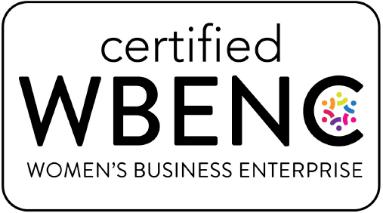Authored by:

Justin R. Muehlmeyer
Patent Attorney
All Posts by Justin
You’re a handy person who does a lot of repairs and tinkering in your garage or shop. At one point, while trying to jam your hand between the oil filter and a frame member of your truck, so that you can get a socket to fit onto the head of an almost-hidden bolt, you think of a much better way to do it – if only such a tool actually existed. After thinking about it more and trying to rig up a prototype, it seems like it will work. But what should you do next?
Whatever you do, think before you disclose!
You don’t want to contact a tool company directly and tell them about your great idea without having some protections in place. Sometimes a non-disclosure agreement can be effective for making an initial disclosure of your invention to another party. Often, companies will not agree to sign a non-disclosure statement and will tell you that if you want some protection for your invention before you talk to them, then you need to file a patent application – this is happening more and more these days, particularly with larger companies. In the United States, you only have one year within which to file a patent application after you have used the invention in public, sold or advertised it, or otherwise disclosed your invention to the public. Most of the other countries of the world have the view that once you have publicly disclosed your invention, you are then forever barred from ever filing a patent application for it.
The threshold for what constitutes a “public disclosure” of your invention can be a bit of a gray area – it certainly can include publishing a video showing and describing your invention on YouTube or any other social media. However, more obscure disclosures of the invention to third parties on a much more limited basis can also constitute publication. Therefore, as soon as you think that you have invented something, the best move is to contact a licensed patent attorney or agent and discuss any plans that you have to ensure that you do not unintentionally destroy your ability to seek patent protection.
You don’t need to delay filing a patent application.
Some people mistakenly believe that they must have a working prototype in order to file a patent application and they, therefore, tinker and tinker and even hire product development companies and/or engineers to assist in developing a working prototype, before contacting a patent attorney. A prototype is not required in order to file a patent application. Rather, in filing the patent application, we simply must ensure that we provide enough detail in the description of the invention someone of ordinary skill in the art (for example an engineer who typically makes similar tools) can make and use the invention.
Make sure that you own your invention and all its developments.
Even if you do wish to build a prototype before filing a patent application, it is best to enter into a non-disclosure agreement with the third party before disclosing your invention to them and it is best to have the third party sign an independent contractor agreement before you pay them anything and before they begin any work. Depending on what the third-party will be doing for you, it is quite possible that they may end up inventing some novel aspect of your invention. This means that they could end up needing to be named as co-inventors on any patent application that you later file. And, even though you paid them for their help, without an agreement in place from the beginning that requires them to assign any and all patent rights to you, they may not be willing to do so after the fact – or they may demand additional payment for any such assignment. Having an independent contractor agreement in place from the beginning can avoid all this nonsense.
Speak to a patent attorney first!
Click here to connect with us via email or call me at (505) 998-6135. We are a professional law firm with licensed patent attorneys, so anything that you disclose to us is protected by the confidential attorney-client privilege. We are a full-service intellectual property law firm with a diverse set of technological backgrounds. We can assist with almost any type of invention from aerospace, to biotech, to software, to mining, to farm and shop tools just like the one in the above hypothetical.


